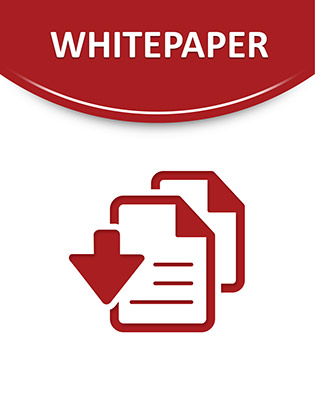
International Financial Reporting Standards (IFRS) have quickly become a priority for U.S. companies now that the Securities and Exchange Commission (SEC) has proposed an IFRS road map and rules changes. Companies are seeking - with increased urgency - a greater understanding of the changes, opportunities and challenges associated with managing a transition from U.S. Generally Accepted Accounting Principles (GAAP) to IFRS. By 2009, some public companies will have the option of IFRS reporting, and this option may expand to additional companies over time. Mandatory use of International Financial Reporting Standards in the U.S. is likely to begin in 2014. For many U.S. companies, an early transition to IFRS has appeal; Simplified financial reporting, reduced operating costs, greater transparency and comparability for investors. Improved access to capital is equally important, some companies see their competitors already embracing International Financial Reporting Standards. That's why momentum toward IFRS adoption has been steadily building, even before the accounting standards are required. The 11th book in our Straight Talk series helps executives understand the implications of IFRS and their role in addressing the associated changes. The publication also offers practical suggestions to help companies navigate through pressing issues such as differences between GAAP and IFRS, tax implications, systems issues, and developing your own conversion road map.
- Vendor:
- Deloitte
- Posted:
- Feb 8, 2021
- Published:
- Jul 29, 2009
- Format:
- PDF
- Type:
- White Paper

